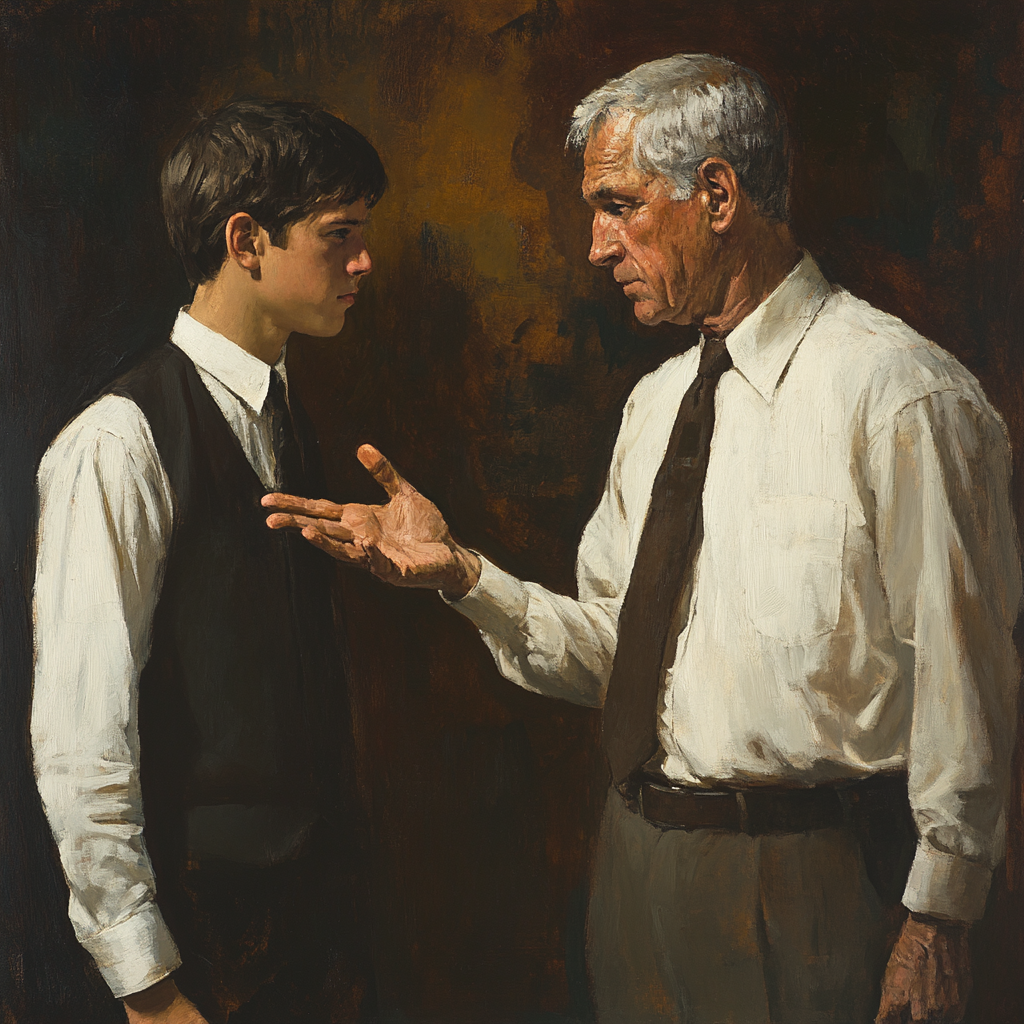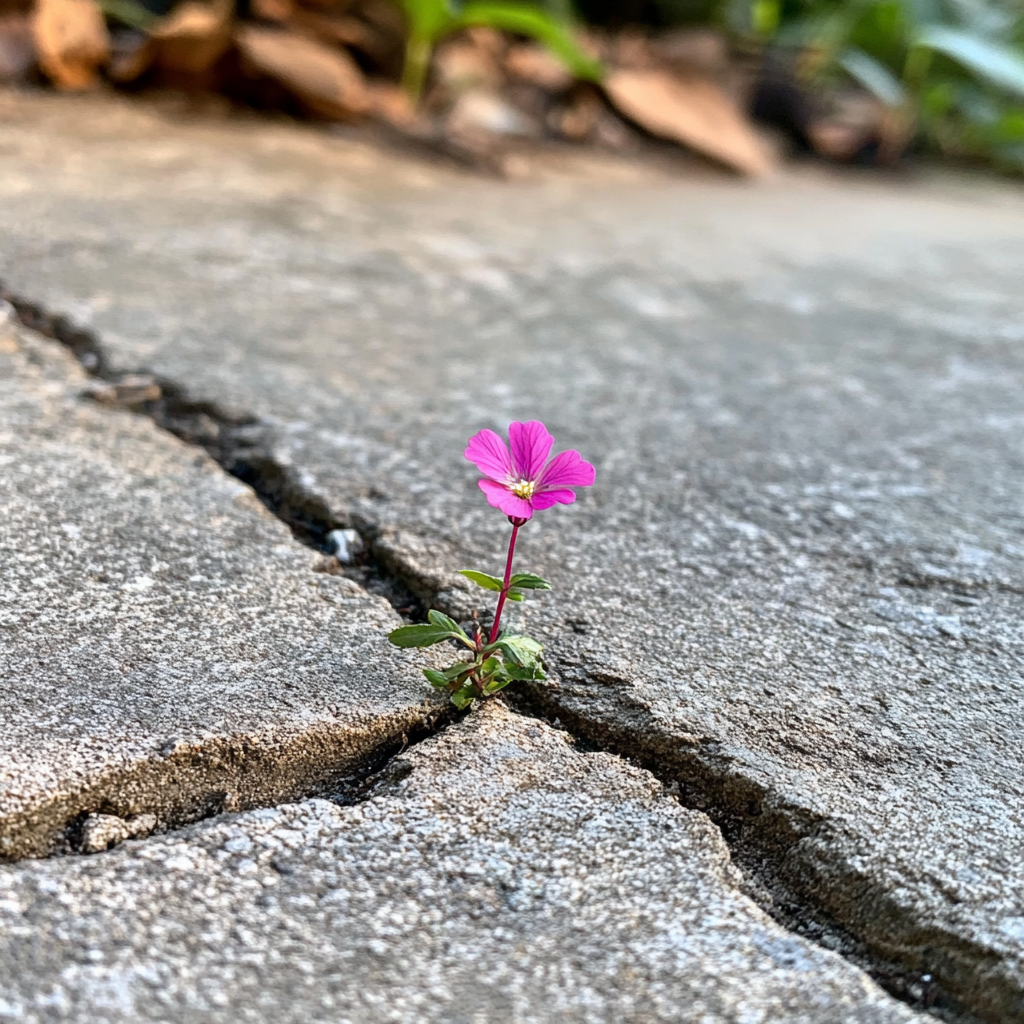Opening Verse
“For I say, through the grace given unto me, to every man that is among you, not to think of himself more highly than he ought to think; but to think soberly, according as God hath dealt to every man the measure of faith.”
— Romans 12:3 (KJV)
Introduction
There is only one Savior — Jesus Christ. You are not Him. None of us are. And yet, many people act like their opinions, their methods, or their traditions are the only way to live out faith. That prideful mindset shuts out others, stifles learning, and grieves the Spirit of God.
Devotional Story
A man believed his understanding of scripture was flawless. He avoided anyone who didn’t agree with him. In his small circle, no one challenged his views. One day, a young believer humbly asked a question he couldn’t answer. Embarrassed, he brushed it off and avoided the young man from then on.
But later that week, the man overheard the young believer gently sharing the gospel with someone in tears. The words were simple, the love was genuine, and the Spirit was present. That moment crushed the man’s pride. He realized he had built a bubble of self-importance, shutting out not only people but God’s own work through them.
What This Means
God gives grace to the humble, not to the proud. You are not the standard — Jesus is. When you shut yourself off from others, you may be shutting yourself off from what God is doing through them. True faith isn’t about being right — it’s about being righteous. That means being teachable, respectful, and always ready to learn from others whom God has also gifted and called.
Think About This
Are you willing to learn from others, even those who see things differently? Have you mistaken your personal convictions for divine authority? Are you lifting up Jesus — or just yourself?
Prayer
Lord, forgive me for the pride that makes me think I know it all. Help me to stay humble and teachable. Teach me to respect others and recognize the work You are doing in them. Let me never forget that only You are the way, the truth, and the life. I want to lift You up, not myself. Amen.
Closing Verse
“Let nothing be done through strife or vainglory; but in lowliness of mind let each esteem other better than themselves.”
— Philippians 2:3 (KJV)









